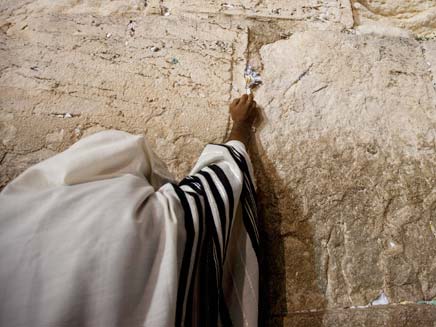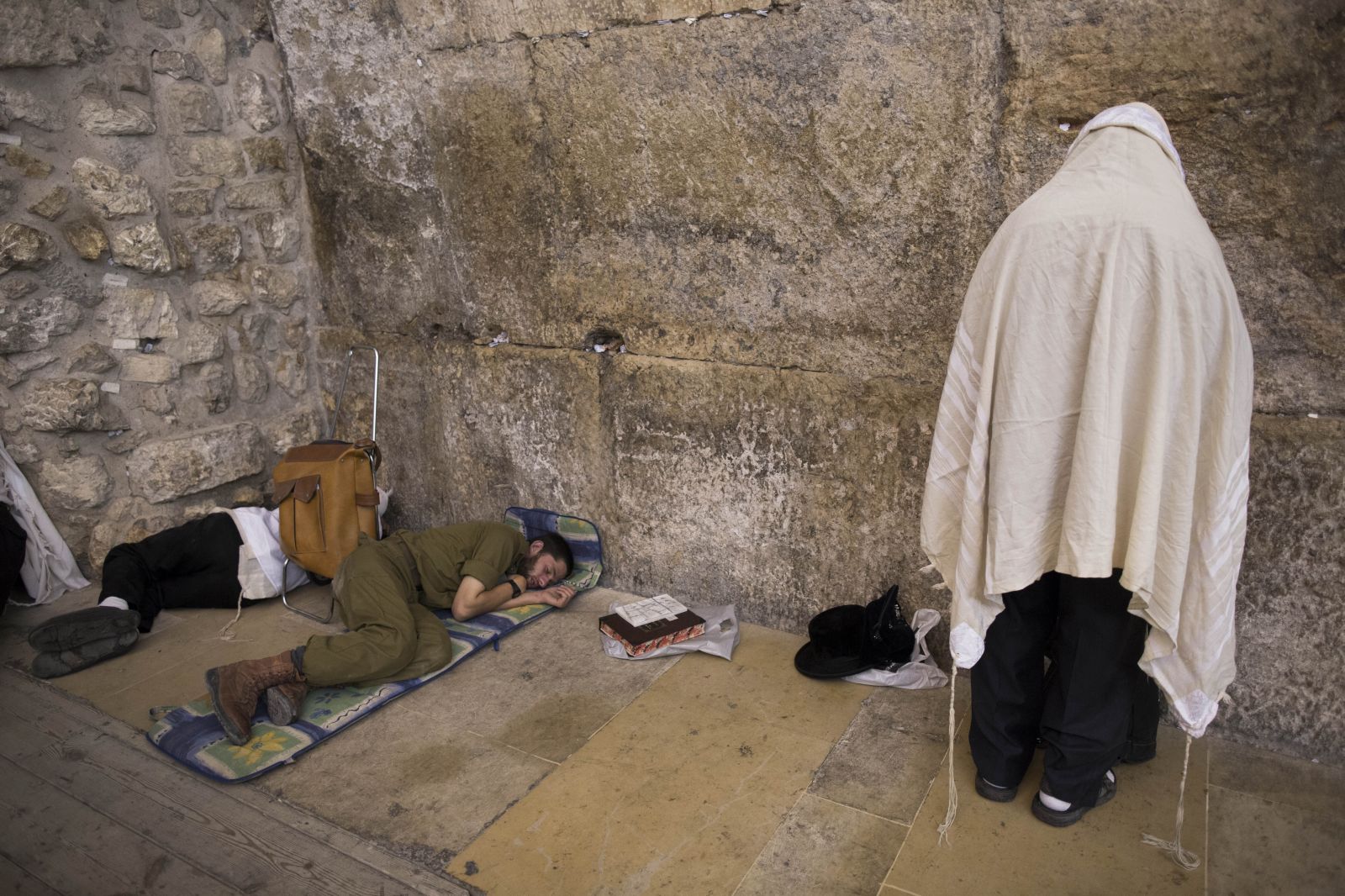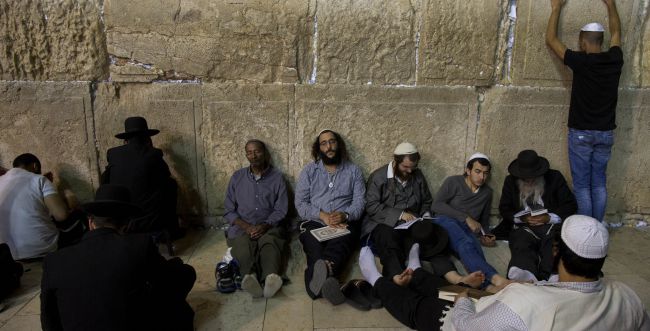rylah
Gold Member
- Jun 10, 2015
- 21,134
- 4,480
- 290
The story of Rachel's tears
There's a house in Israel standing in ruins, no matter how big or small Your home is, no matter how much new villages we build - nothing compares to the most important one.
It's about why we lost it, and what was actually lost in the experience of this world, personally on a daily basis and as as a human society in whole.

Tisha B'Av is promised to turn into a the happiest holiday, but until then we mourn.
This year Tisha B'Av falls on Shabat, and is moved to the 1st day of the week, starting with the night after Shabat ends, ending on the evening after the 1st day of the week.
So remember there's no mourning on Shabat, we study and eat as kings, when Shabat ends we enter a day long fast, we mourn and we cry for Jerusalem and try our best to give free appreciation to our brothers,
for "everyone who mourns over Jerusalem is promised to see her rebuilt" (Hz"l)






Last edited:




